Staying focused on long-term goals requires consistent energy, but many people struggle with low motivation, mental fatigue, and burnout. When energy levels drop, procrastination increases, and goals feel harder to achieve.
The good news? You don’t need more willpower—you need better energy management. This guide will show you how to overcome low energy, optimize mental clarity, and stay focused on what truly matters.
Why Energy Matters More Than Motivation
Many people think they lack motivation when, in reality, they lack energy. Energy fuels focus, productivity, and decision-making. When energy is low, even simple tasks feel overwhelming.
| Low Energy Symptoms | Effects on Goals |
|---|---|
| Constant fatigue | Procrastination and lack of progress |
| Difficulty focusing | Reduced efficiency and poor results |
| Mood swings | Increased frustration and stress |
| Low enthusiasm | Loss of interest in personal and career growth |
By optimizing your physical, mental, and emotional energy, you can stay productive and focused, even on tough days.
Common Causes of Low Energy and Mental Fatigue
Before improving your energy, it’s important to understand what’s draining it. The most common energy killers include:
✅ Poor Sleep – Lack of deep sleep leads to exhaustion and brain fog.
✅ Unhealthy Diet – Processed foods and sugar spikes cause energy crashes.
✅ Sedentary Lifestyle – Lack of movement weakens circulation and mental alertness.
✅ Information Overload – Too much social media and multitasking reduce focus.
✅ Stress and Anxiety – Mental fatigue drains willpower and motivation.
The key to lasting energy is fixing these root causes, not just drinking more coffee.
How to Boost Your Energy and Stay Focused
1. Improve Sleep Quality for Mental and Physical Energy
Sleep is the foundation of energy and focus. Without it, productivity and concentration suffer.
✅ How to Improve Sleep:
- Stick to a regular schedule – Sleep and wake up at the same time daily.
- Avoid screens 60 minutes before bed – Blue light disrupts melatonin.
- Optimize your sleep environment – Keep your room dark, quiet, and cool.
- Limit caffeine in the afternoon – Stimulants interfere with deep sleep.
| Bad Sleep Habit | Better Alternative |
|---|---|
| Scrolling phone in bed | Reading a book instead |
| Drinking coffee late | Switching to herbal tea |
| Sleeping at inconsistent hours | Setting a fixed bedtime routine |
A well-rested mind processes information faster, makes better decisions, and stays motivated longer.
2. Eat for Sustained Energy (Not Quick Fixes)
Food is fuel. The wrong diet can cause energy crashes, while the right nutrition keeps you sharp and productive all day.
✅ Best Energy-Boosting Foods:
| Category | Examples | Benefit |
|---|---|---|
| Healthy Carbs | Oatmeal, quinoa, sweet potatoes | Steady energy release |
| Proteins | Eggs, chicken, fish, tofu | Supports brain function |
| Healthy Fats | Avocados, nuts, olive oil | Improves mental clarity |
| Hydration | Water, herbal teas, coconut water | Prevents fatigue and headaches |
🚫 Avoid: Processed sugars, energy drinks, and excessive caffeine—they cause temporary spikes but long-term crashes.
3. Move Your Body to Boost Blood Flow and Focus
Physical movement increases circulation, reduces stress, and enhances cognitive function. If you feel sluggish, even 5 minutes of activity can reset your energy levels.
✅ Simple Ways to Move More:
- Take short walks between tasks.
- Stretch or do quick yoga sessions.
- Use the “10-minute rule”—exercise for just 10 minutes to break laziness.
- Try desk workouts if you have a sedentary job.
Regular movement prevents fatigue and keeps your brain alert.
4. Manage Mental Energy and Avoid Burnout
Mental exhaustion is just as draining as physical fatigue. To stay focused, limit information overload and cognitive stress.
✅ How to Protect Your Mental Energy:
- Take strategic breaks – Use the Pomodoro technique (work 25–50 minutes, rest for 5–10 minutes).
- Minimize distractions – Put your phone on silent and work in a clutter-free space.
- Limit decisions – Simplify daily choices (e.g., meal prepping, wearing similar outfits).
- Practice deep work – Focus on one task at a time instead of multitasking.
| Mental Drain | Solution |
|---|---|
| Checking emails all day | Set fixed times for email responses |
| Endless decision-making | Automate or pre-plan routine choices |
| Multitasking | Focus on one task at a time |
Protecting mental energy keeps you sharp and prevents burnout.
5. Reduce Stress and Build Emotional Resilience
Chronic stress zaps energy, reduces focus, and weakens motivation. Learning to manage stress boosts long-term energy and goal consistency.
✅ Stress-Reduction Techniques:
- Mindfulness or meditation – Even 5 minutes per day reduces anxiety.
- Journaling – Writing down thoughts clears mental clutter.
- Breathing exercises – Try the 4-7-8 breathing technique for quick relaxation.
- Spending time in nature – Fresh air and sunlight improve mood and focus.
The more emotionally balanced you are, the less energy stress takes away.
6. Use the “Two-Minute Rule” to Overcome Low Motivation
If energy is low, starting is the hardest part. The Two-Minute Rule helps break inertia:
📌 How It Works:
- Commit to a task for just two minutes (e.g., reading, writing, exercising).
- If you feel like stopping after two minutes, you can—but most of the time, you’ll continue.
✅ Examples:
- Read one page of a book → End up reading for 20 minutes.
- Do one push-up → End up doing a full workout.
- Write one sentence → End up writing an entire page.
The key is getting started—momentum will handle the rest.
7. Stay Connected to Your “Why” for Long-Term Motivation
When energy drops, remind yourself why your goal matters.
✅ How to Stay Connected to Your Purpose:
- Write down your biggest goals and review them daily.
- Use visual reminders (vision board, post-it notes, phone wallpapers).
- Find an accountability partner to check in on your progress.
The stronger your “why,” the easier it is to push through low-energy moments.
Final Thought: Energy is the Key to Staying Focused on Your Goals
You don’t need more motivation—you need more energy. By improving sleep, nutrition, movement, and mental focus, you can stay consistent and productive even when motivation fades.
Success is not about working harder—it’s about managing energy smarter. Take care of your body and mind, and your goals will follow.





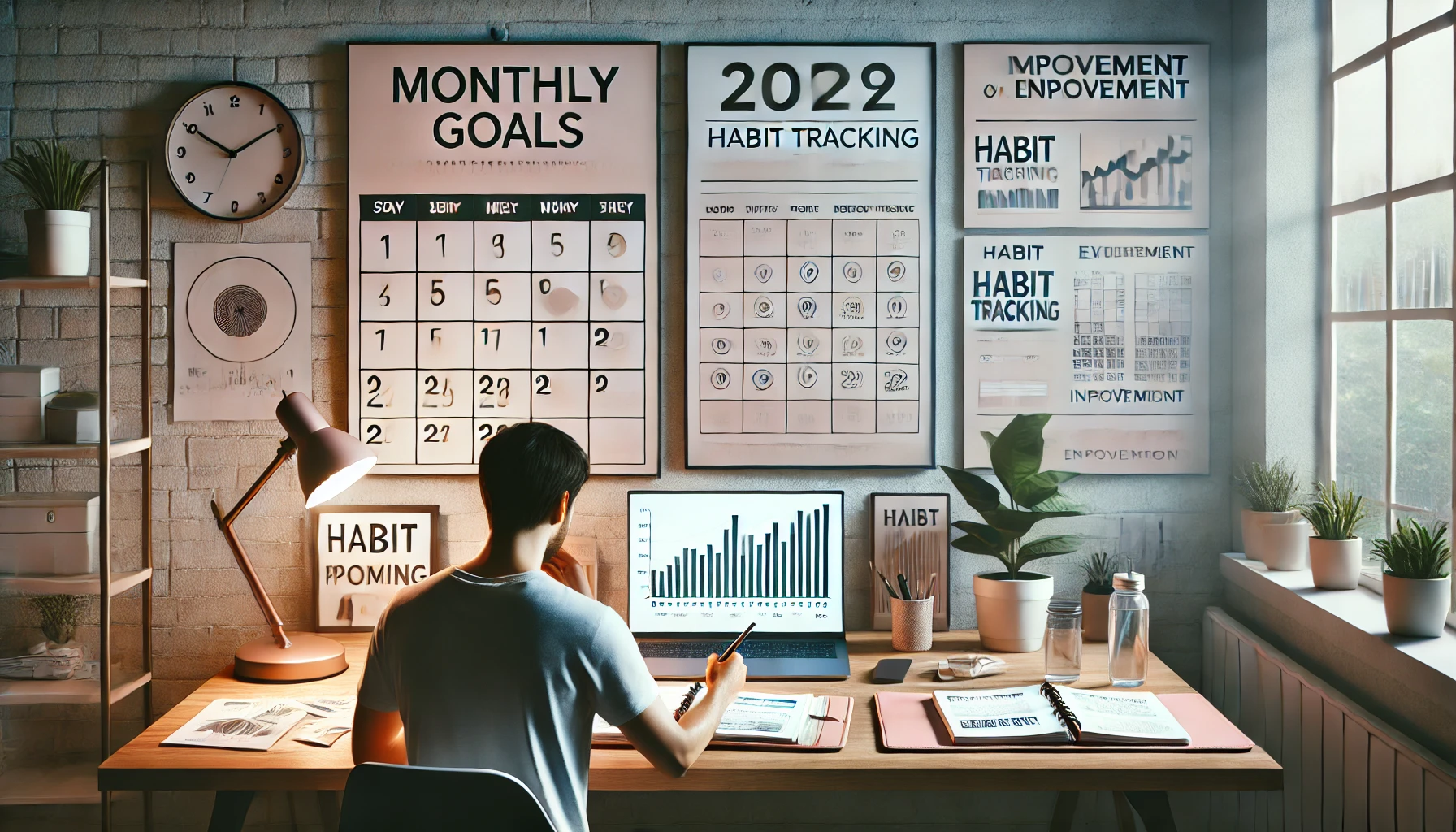
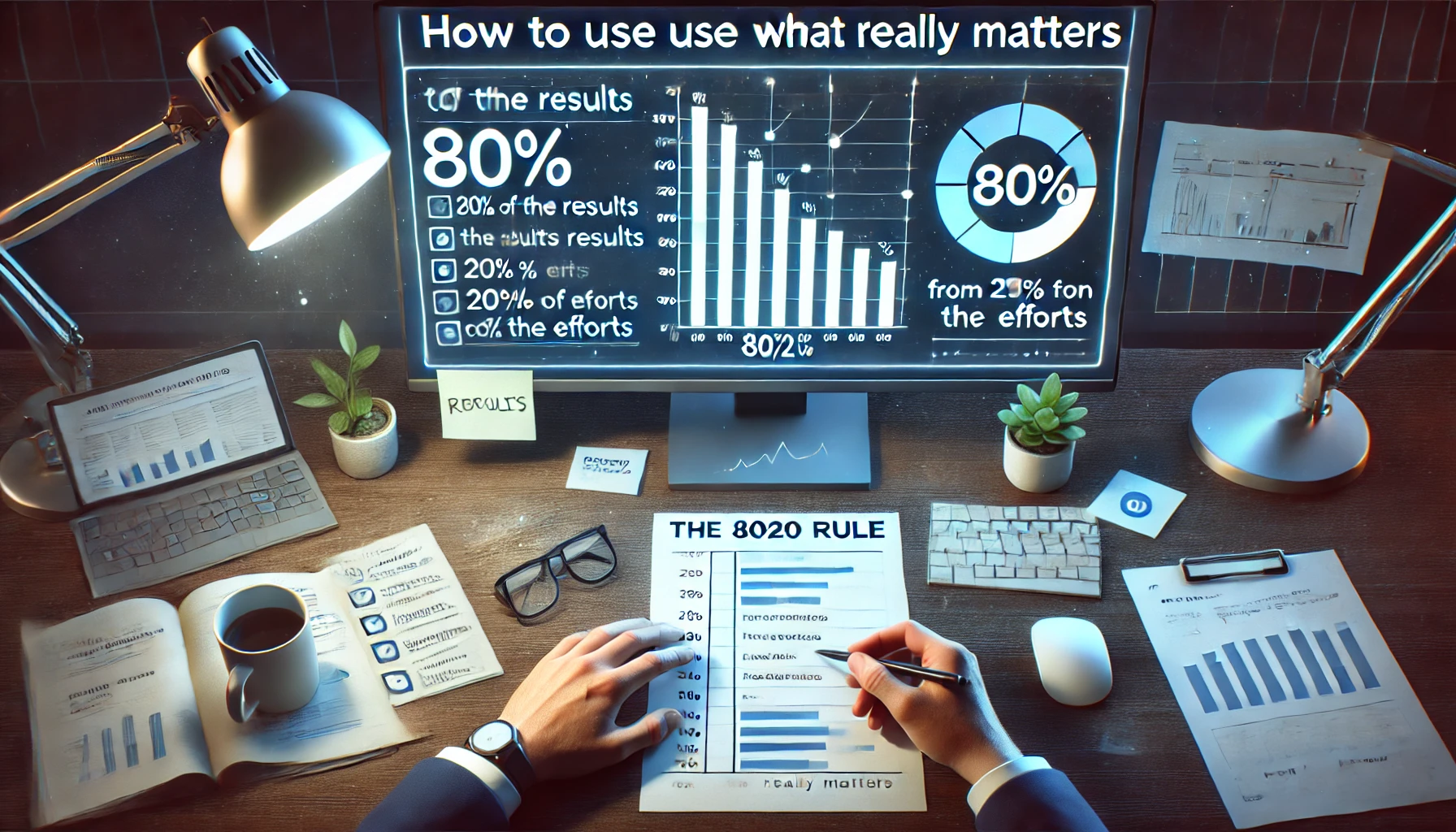
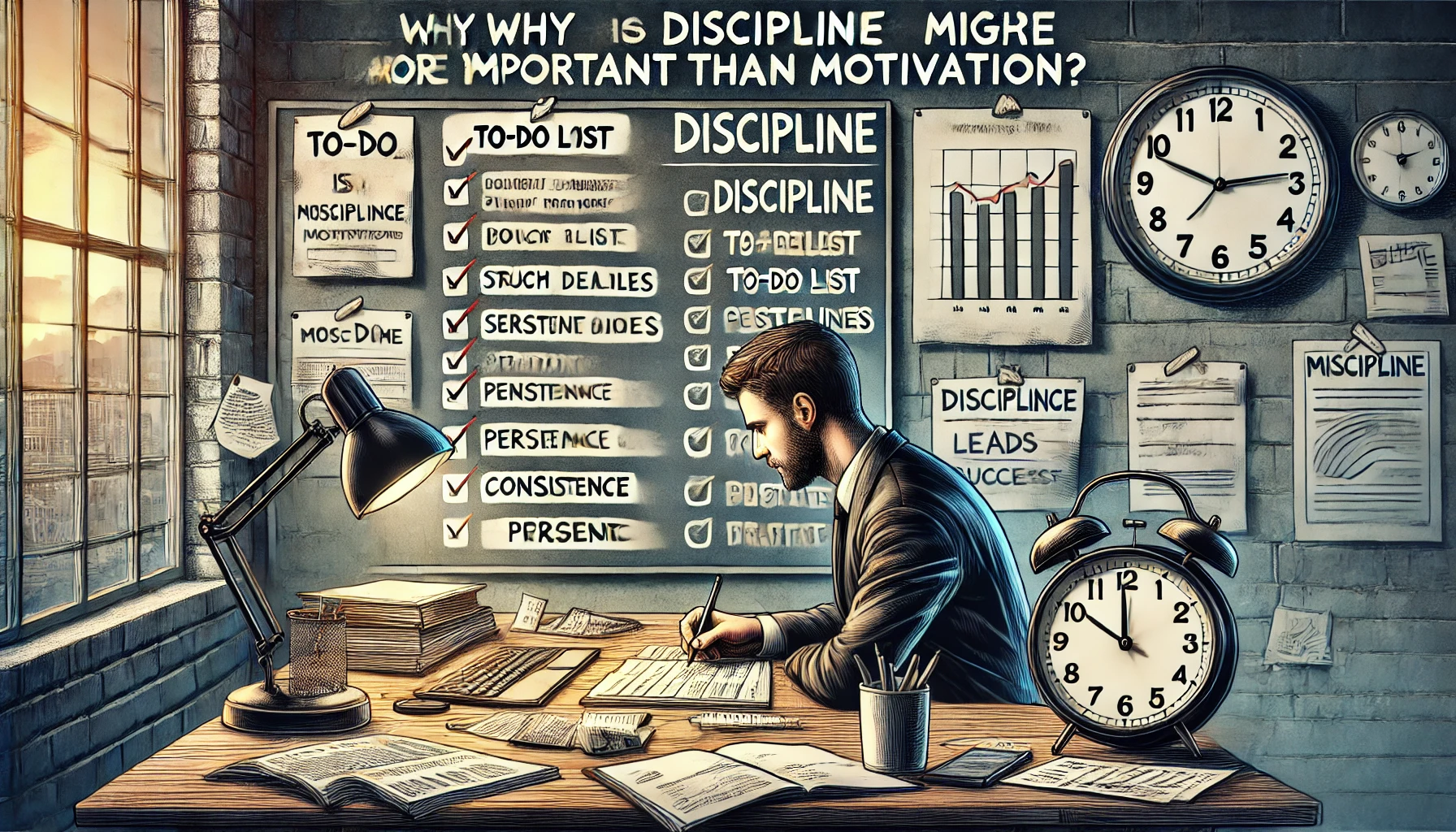

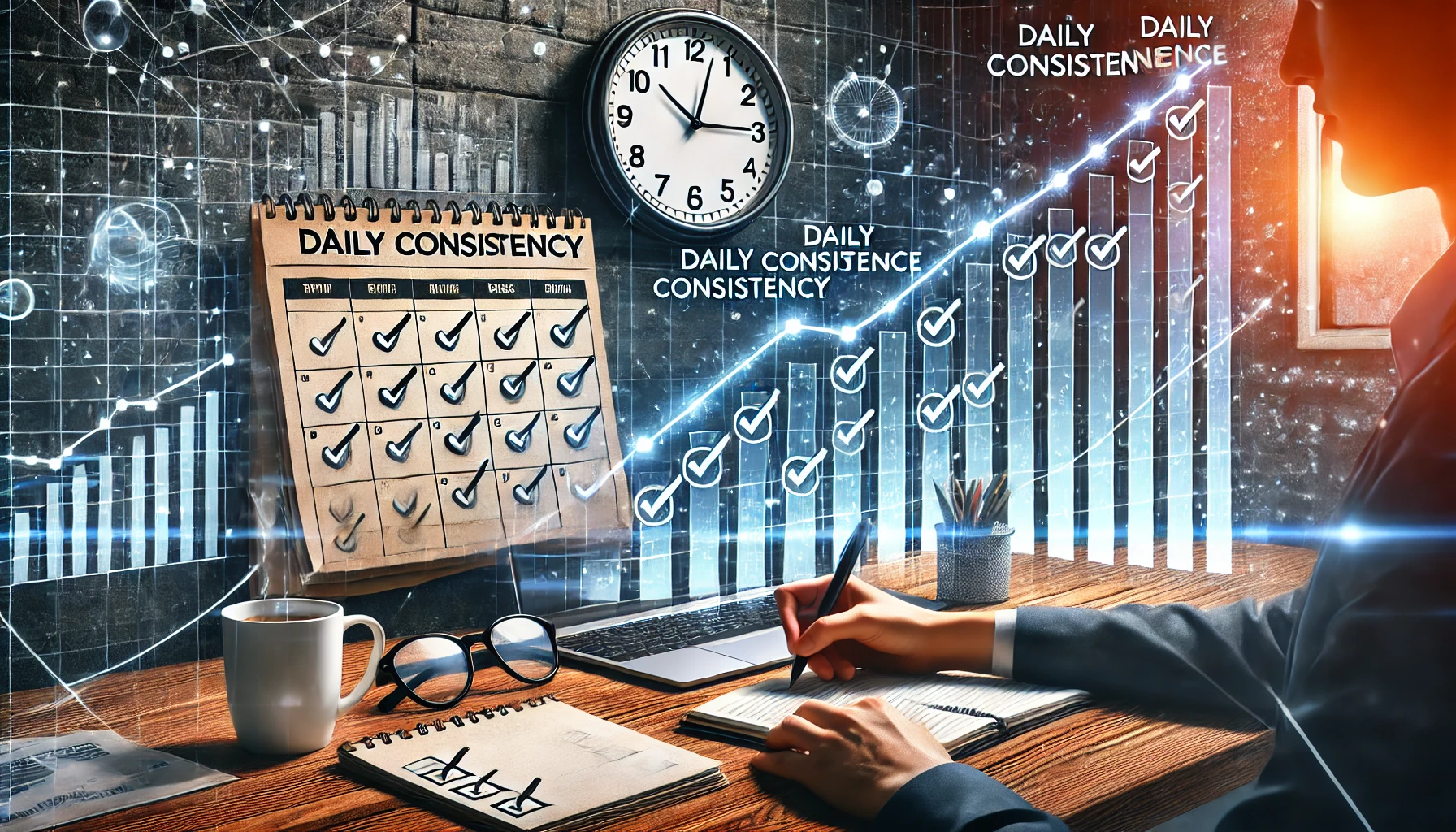

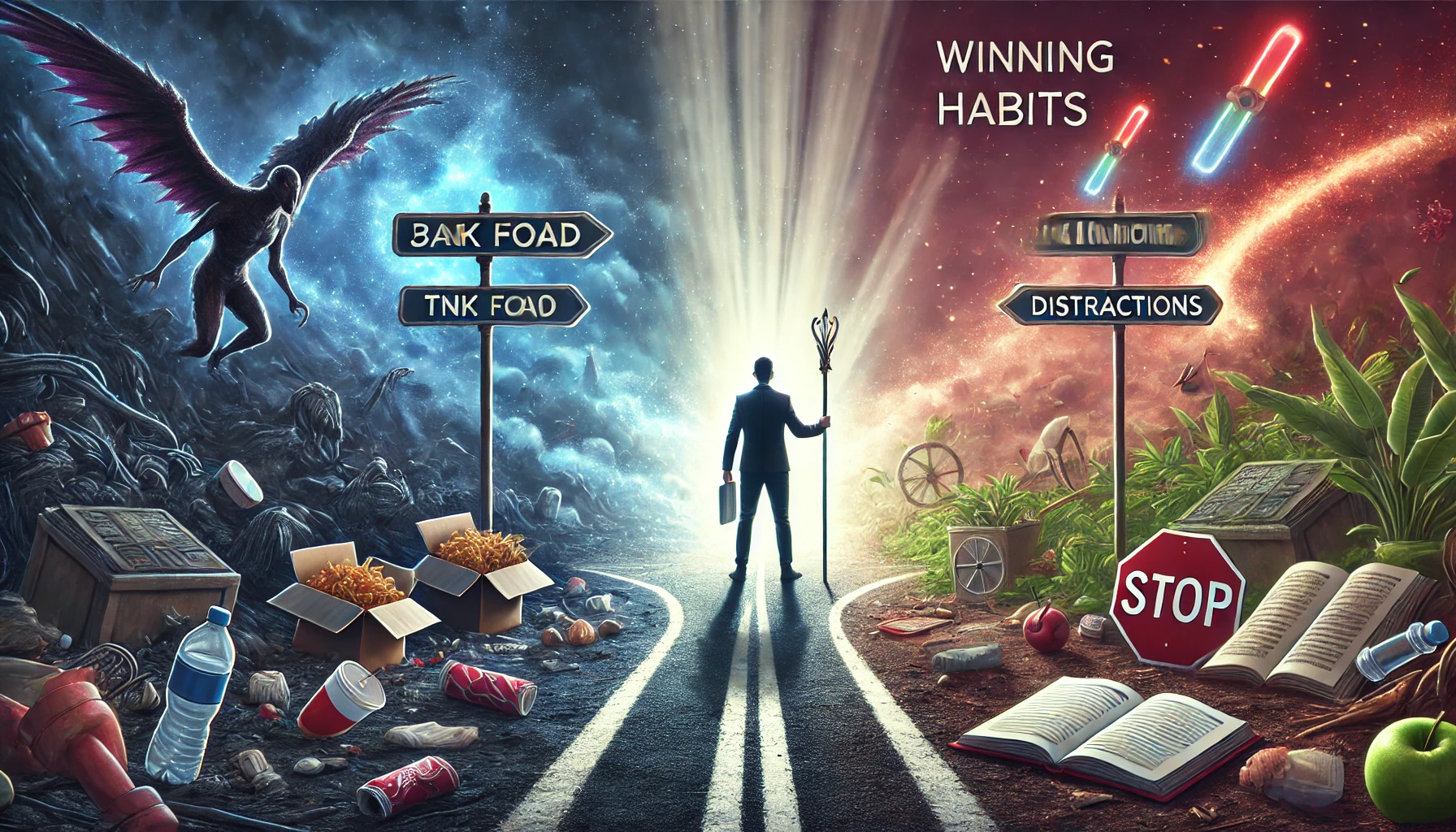
Leave a Reply